EU Slaps Hefty Tariffs on Chinese EVs Amid Growing Trade Tensions
At the end of August, the European Union (EU) said that state-owned SAIC Motors, the Chinese partner of General Motors and Volkswagen, failed to cooperate and provide necessary documentation to EU authorities.
Because of this, the EU plans to slap five-year import duties on Chinese electric vehicles (EVs) unless Beijing can offer an alternative solution.
The EU Imposes New Tariffs for Chinese EVs
The company was hit with a 36.3% additional tariff on its cars. The EU did this because it accused the company of benefiting from “unfair subsidization” and undermining European competition.

Source: Pixabay/Pexels
The EU also stated that Tesla cars made in China would face a lower duty of nine percent after the commission determined that they benefited from fewer Chinese subsidies than domestic manufacturers.
The Heavy Hitting Tariffs
The tariff amount was planned to be higher than the one currently in place. After the Chinese EV market disputed the 37.6% tariff assigned in June, the EU lowered it.
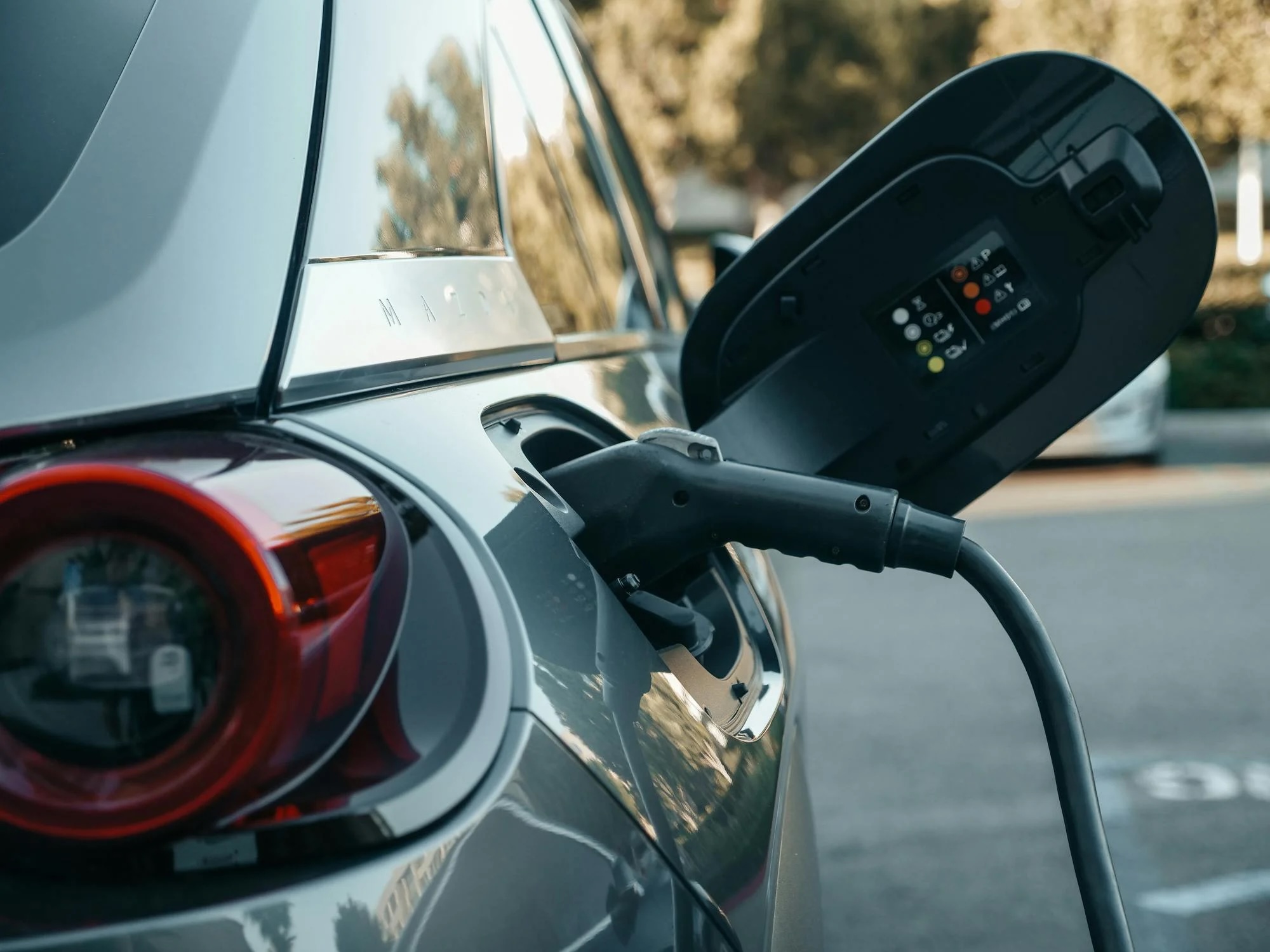
Source: Kindel Media/Pexels
This 36.3% tariff will be added to the existing 10% duty that applies to all EVs imported from China.
“Open to Reach a Solution”
Beijing opposes the EU tariffs and has filed an appeal with the World Trade Organization, according to the Economic Times. “The EU is open to reaching a solution that would be an alternative solution to the imposition of duties that would be effective and WTO compatible,” a commission official told reporters.

Source: Freepik
“We consider that it’s very much up to China to come up with alternatives,” they said.
Why the Tariffs Are in Place
The extra-harsh tariffs are a result of the Chinese company’s lack of cooperation with Brussels authorities. In a July report, the EU Commission found SAIC’s replies to a questionnaire to be “highly deficient.”
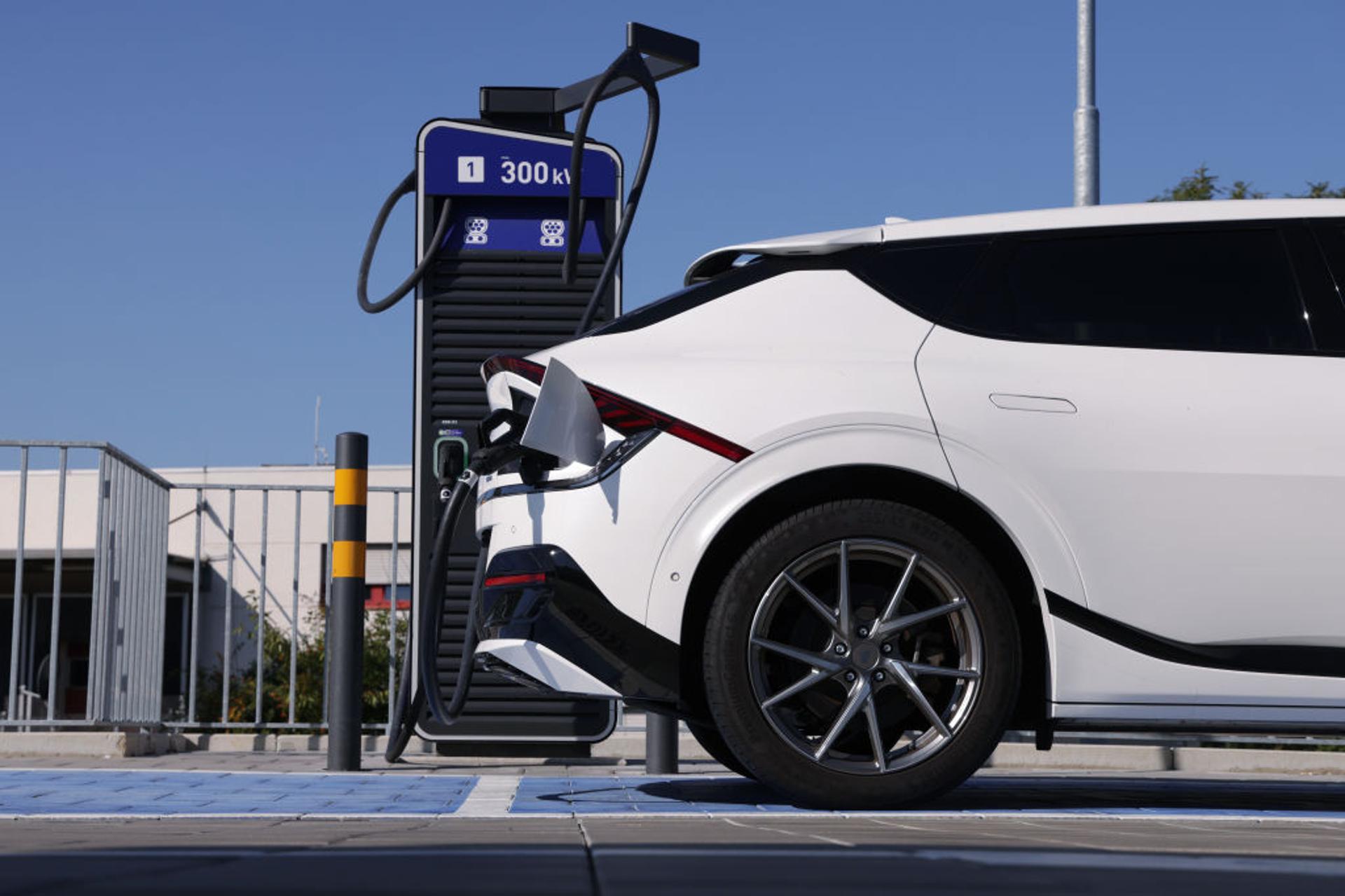
Source: Wikimedia
The questionnaire was reportedly missing key information, including the cost of production, information related to purchases of main inputs, and related companies.
The Chinese Company Refuses to Answer
In response to the EU asking for more information, the Chinese company argued that they were asking for too much information regarding the EVs they were producing and distributing.

Source: iStock
According to Business Insider, the company has faced many internal challenges when responding to the EU as it lacks access to some of its own information.
A Big Headache
Tariffs in the EU are a big headache for Chinese EV manufacturers. HSBC wrote that Chinese companies are likely to see an increase in their shares, as Europe represents a significant market, accounting for half of their sales.

Source: Andrea Piacquadio/Pexels
HSBC notes that the EV market in Europe could rise from 6% in 2023 to 10.5% by 2030.
The EU Points a Finger at China
Now the EU has entered a prolonged diplomatic battle with China regarding trade, national security, and overproduction. The EU accused China of encouraging overproduction in varied industries.

Source: Boys in Bristol Photography/Pexels
The EU also states that China is helping fuel Russia’s war against Ukraine by providing them with aid through trade.
China Points a Finger at the EU
The country also has a bone to pick with the EU during this ongoing EV tariff battle. China says the block is being protectionist by placing these high tariffs on EVs, which are becoming more and more popular across the world.
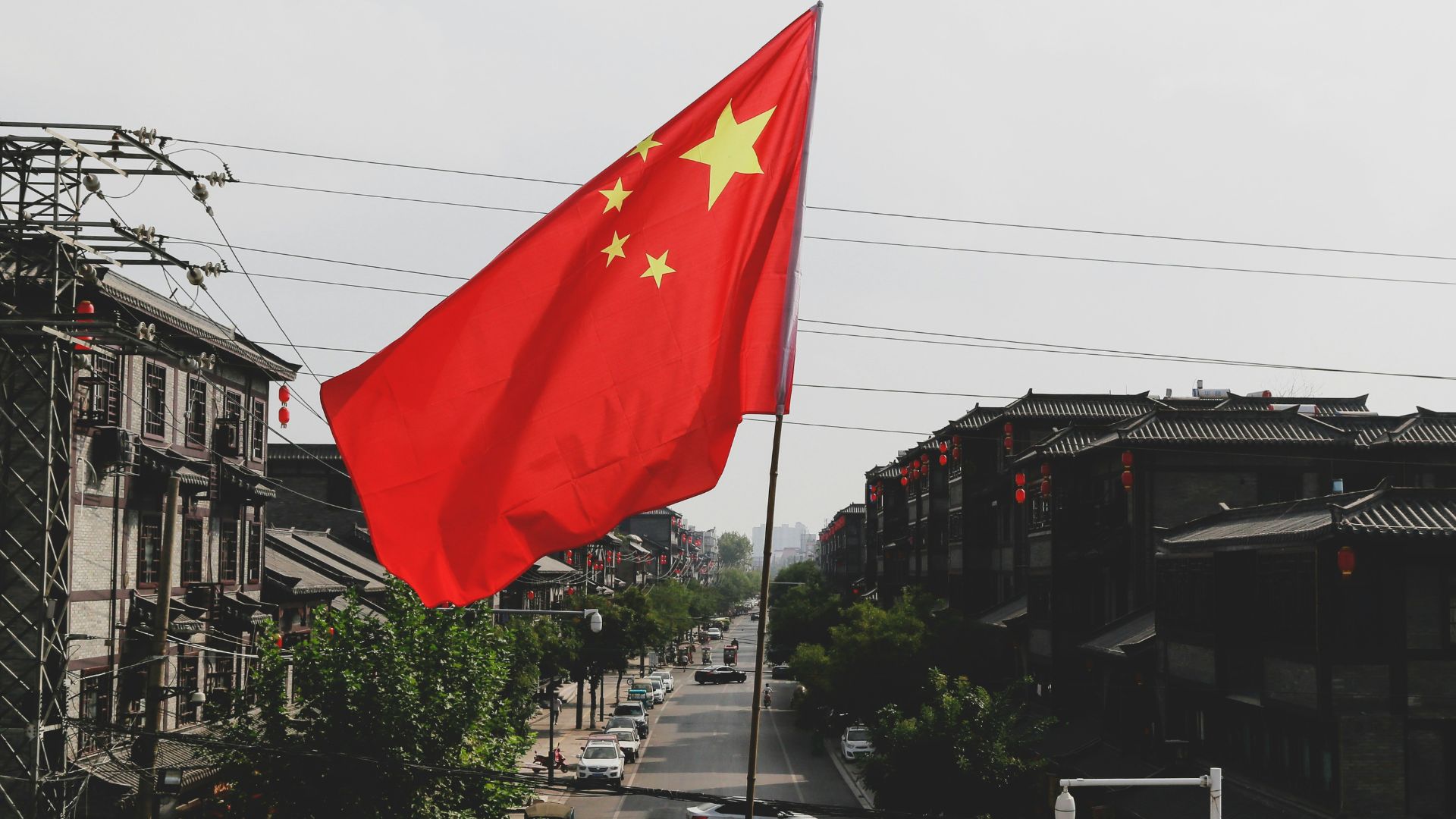
Source: / Ricardo/Unsplash
China also claims that the bloc is trying to curb the country’s economic development, forcing it to pivot sales to Europe after the Russia-Ukraine war blocked its trade route.
The Ongoing Battle Between the EU and China
The EV fight is just one of the many trade, technology, and national security issues China and the EU have been battling over in recent years.

Source: Freepik
The EU has launched a raft of probes targeting Chinese subsidies for solar panels, wind turbines, and trains while Beijing began its investigations into imported European brandy and pork.
China Leads the EV Race
While the US continues mining to find the necessary resources for EV production, China continues to lead the revolution toward EVs.
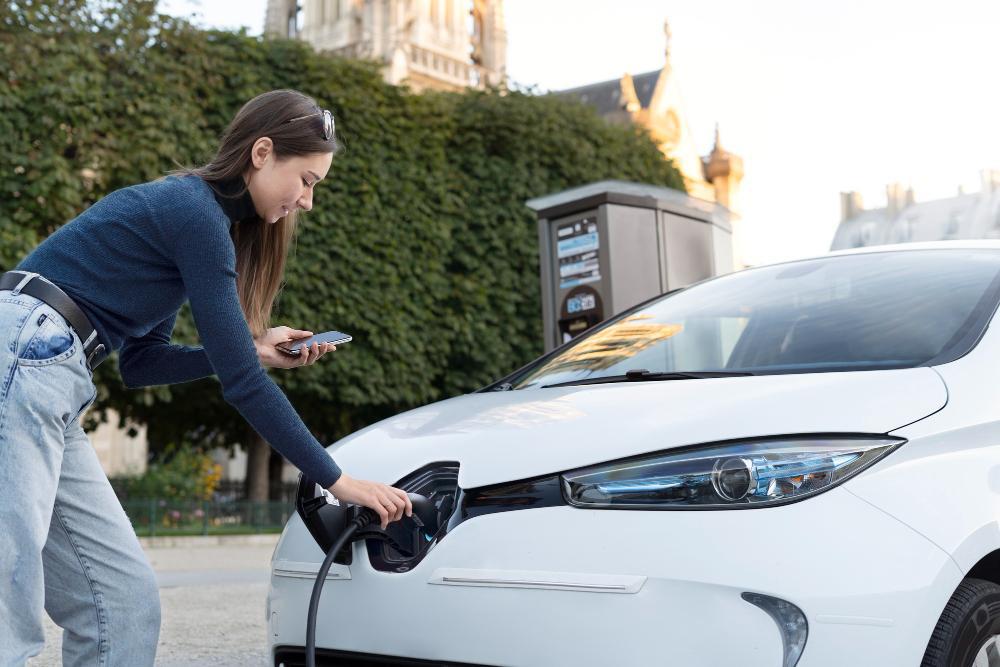
Source: Freepik
The country became the EV powerhouse after it created a targeted industrial strategy that had Beijing pouring vast state funds into domestic firms as well as research and development.
A Brutal Battle
While China has a critical edge in the race to provide cheaper and more efficient EVs over leading European automakers, reaching $34.1 billion in foreign sales, the EU is hoping to pump China’s brakes to give them a chance in the race.
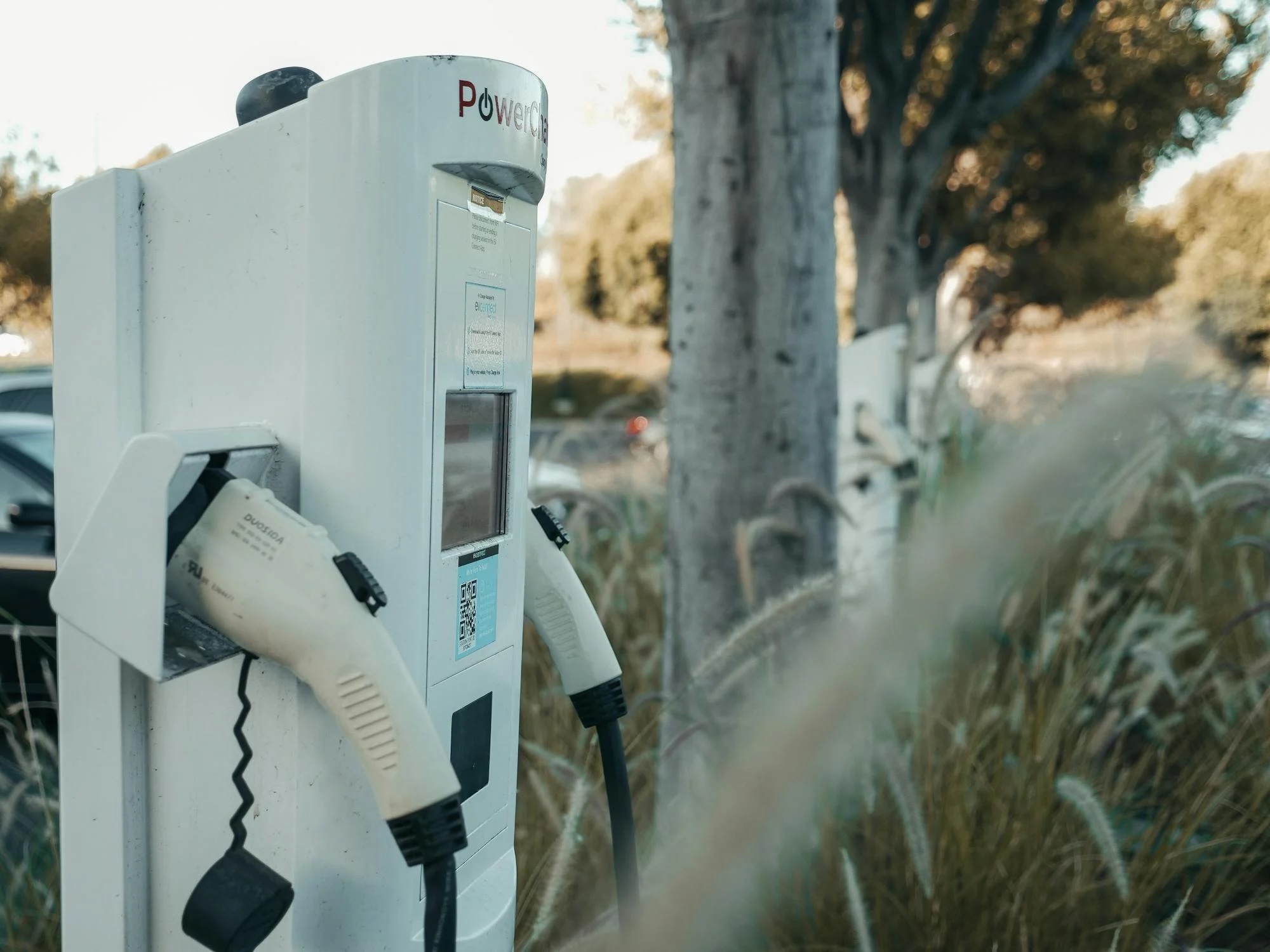
Source: Kindel Media/Pexels
But this could be a brutal battle as nearly 40% of China’s EV sales went to the EU last year.
